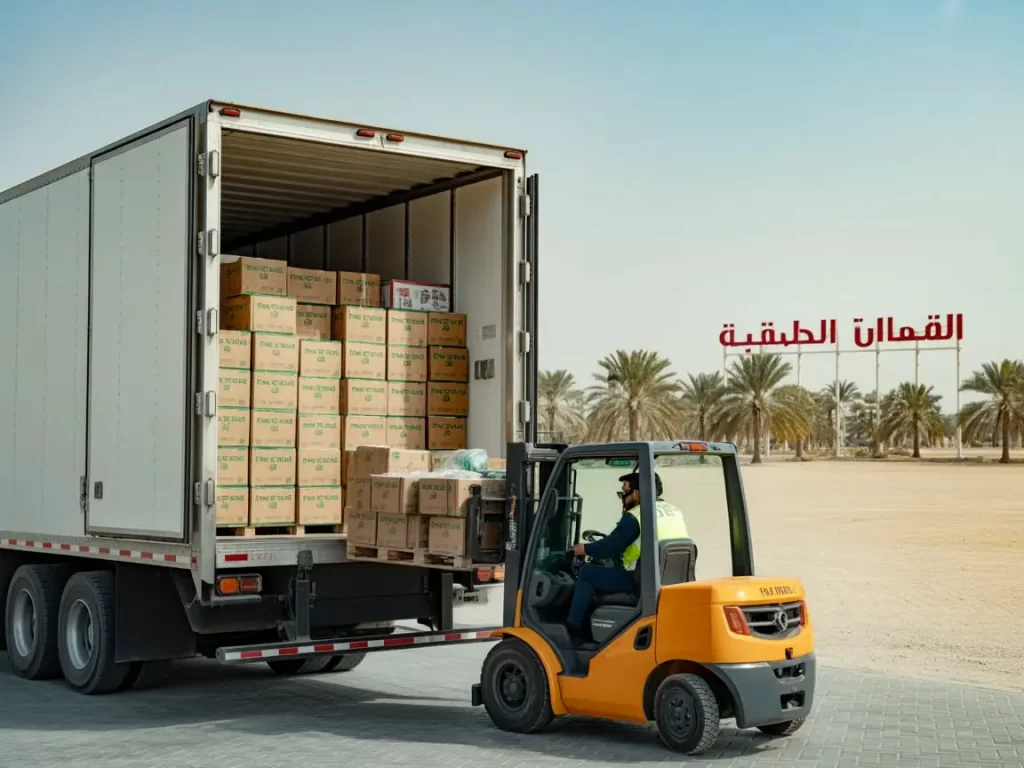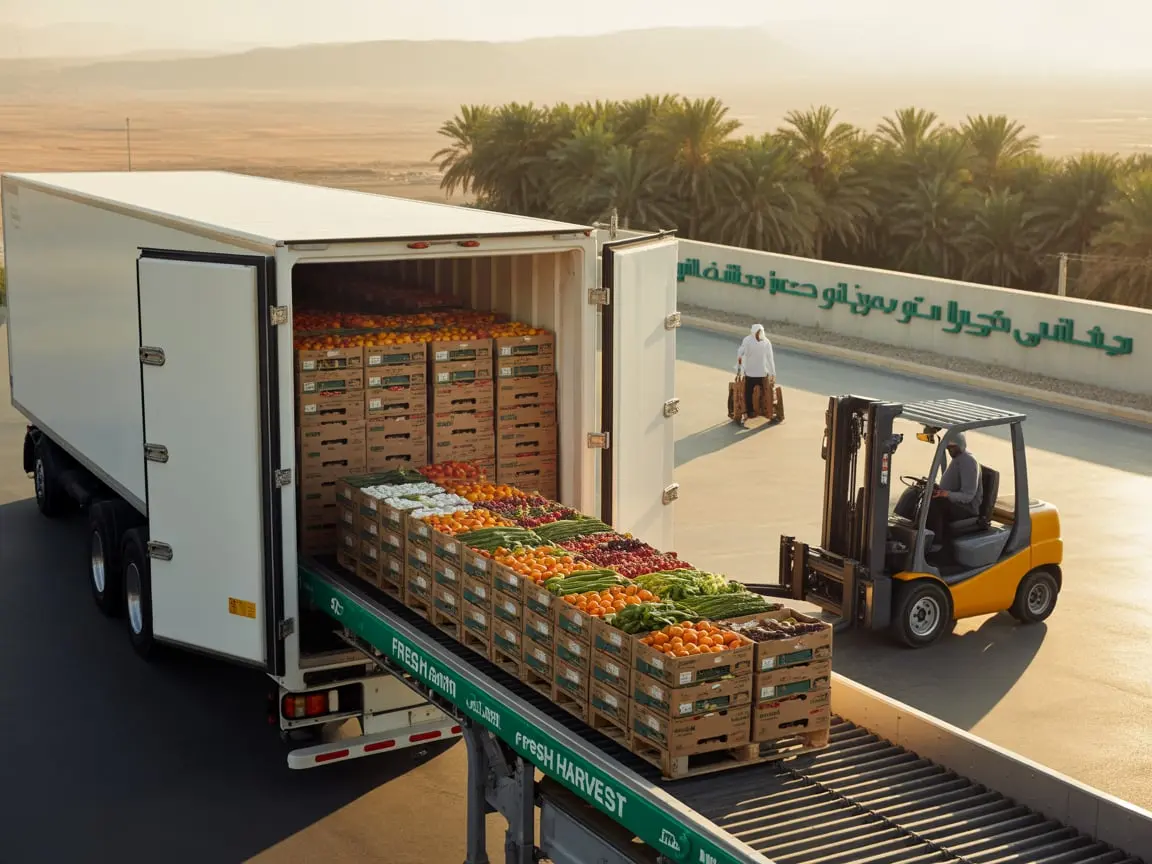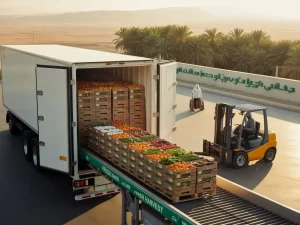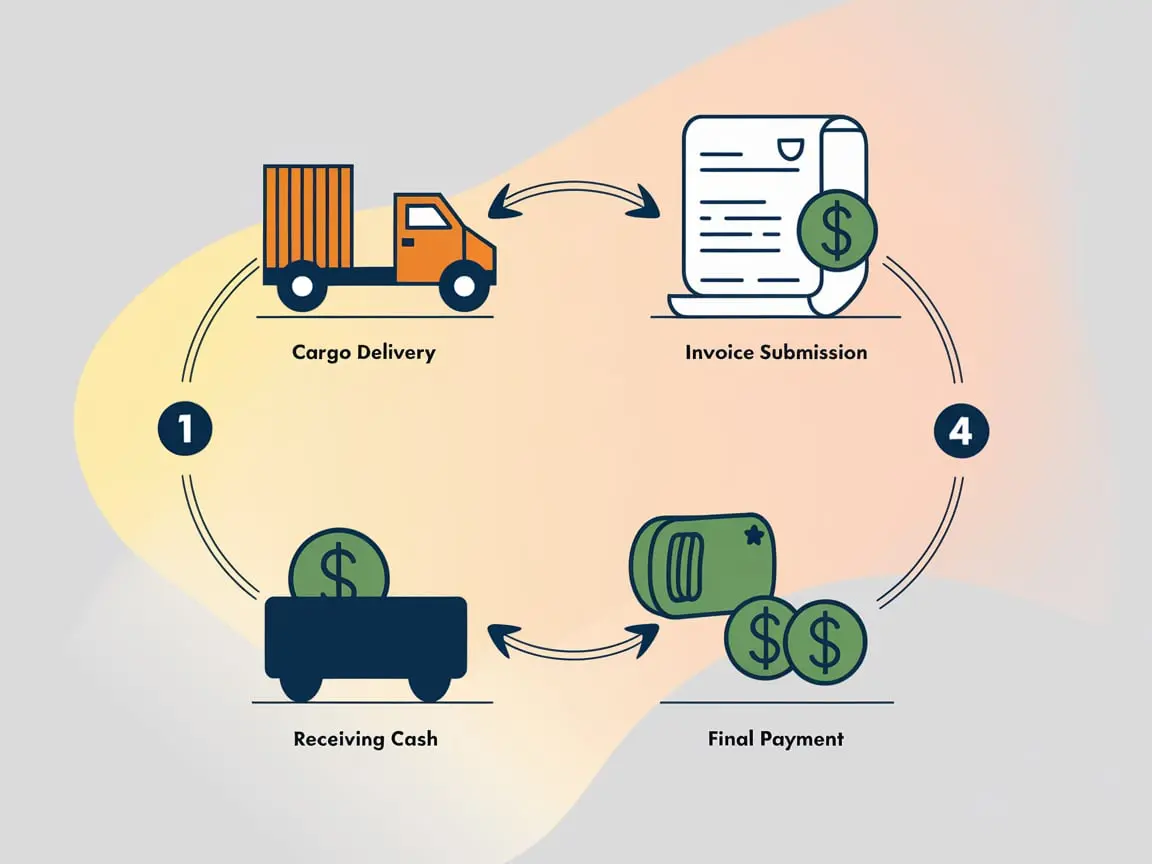The Gulf Cooperation Council (GCC) region, known for its thriving economy and global trade hubs, relies heavily on the efficiency of its cargo industry—especially when it comes to the food and beverage (F&B) sector. In countries like the UAE, Qatar, Saudi Arabia, and beyond, where large portions of food are imported, cargo plays a crucial role in ensuring that supermarket shelves remain stocked, restaurants serve global cuisines, and households access daily essentials.
The Gulf’s Dependence on Food Imports
Due to the region’s arid climate and limited agricultural output, GCC countries import a significant percentage of their food products. Whether it’s rice from Asia, dairy from Europe, or meat from South America, all these products pass through a highly coordinated cargo and logistics system. Without reliable cargo operations, the region’s booming F&B industry would face massive disruptions.
The Journey Begins: From Global Suppliers to Gulf Ports
Food and beverage products typically start their journey from international factories and processing centers. Once packaged, these goods are shipped via sea or air freight to Gulf ports. Here, cargo handling experts ensure efficient unloading and cold chain management to prevent spoilage.
The Dubai to Qatar cargo route is one of the busiest in this sector, with trucks and containers moving perishables like dairy, poultry, and snacks daily to cater to Qatar’s growing retail and hospitality demands.

Road Freight: The Backbone of Regional Distribution
While air and sea play vital roles in long-haul transport, it’s road freight that completes the journey from ports to restaurants, grocery stores, and homes. Modern cargo fleets equipped with temperature-controlled units ensure items like fruits, vegetables, frozen meat, and beverages arrive fresh and on time.
The Dubai to Oman cargo connection is also key, helping maintain consistent supply to Oman’s supermarkets and food distributors. These deliveries are time-sensitive and rely on experienced cargo operators who understand customs, transit times, and temperature requirements.
Supporting the F&B Supply Chain in Saudi Arabia
Saudi Arabia, the Gulf’s largest market, demands large-scale food cargo solutions. From global fast-food chains to traditional eateries, consistent delivery of high-quality ingredients is critical. The Dubai to Saudi cargo corridor serves as a vital trade route, enabling the fast movement of bulk food items, cooking oils, grains, and processed foods.
This efficient system supports not only retail outlets but also large food manufacturers and restaurant supply chains across Riyadh, Jeddah, and Dammam.
Cargo Innovations Driving the Industry Forward
Technological advancements have enhanced how cargo companies serve the F&B industry. Real-time tracking, automated customs clearance, and advanced refrigeration units are helping reduce waste, improve delivery times, and boost customer satisfaction. With growing demand for organic and specialty foods, precision in cargo handling is more important than ever.
The ability of cargo firms to adapt quickly to regulatory changes and seasonal demand—such as during Ramadan or festive seasons—is a defining factor in the Gulf’s food security and retail performance.
Empowering Local Enterprises and Consumers
Beyond business-to-business transactions, the cargo industry also supports small-scale food entrepreneurs and specialty suppliers. Even niche demands, like unique spices or artisanal sweets, are fulfilled via efficient cargo services.
For individual customers, including expats and families, services such as Dubai to Oman cargo provide a dependable way to send food items, gifts, and essentials across borders—strengthening family connections and cultural ties through shared meals and tastes.
Conclusion
From international factories to Gulf dining tables, the cargo industry is the invisible engine powering the region’s food and beverage ecosystem. Whether it’s large-scale imports or personal shipments, cargo plays a vital role in connecting producers with consumers. Routes like Dubai to Qatar cargo, Dubai to Oman cargo, and Dubai to Saudi cargo are not just trade lanes—they are lifelines for the Gulf’s thriving, diverse culinary scene.







